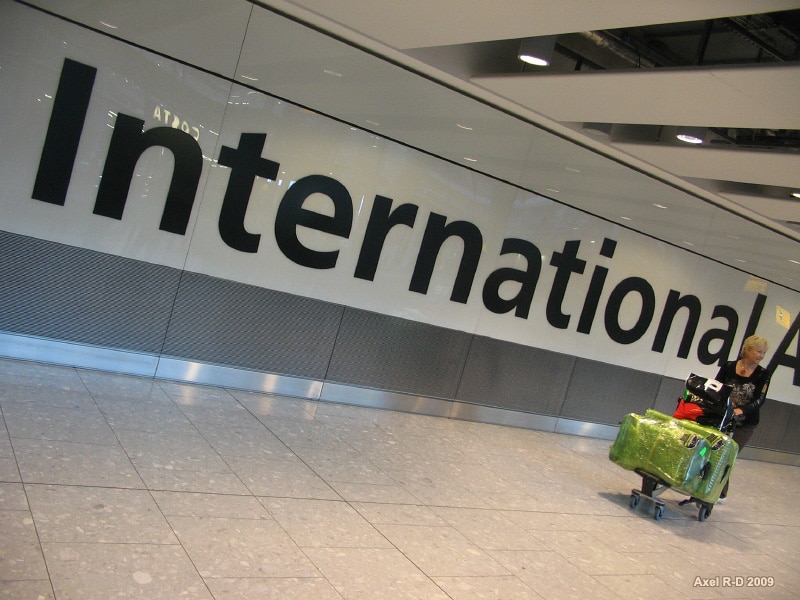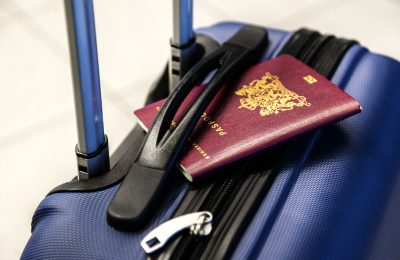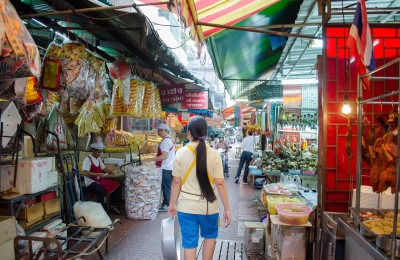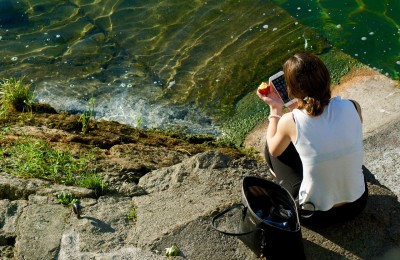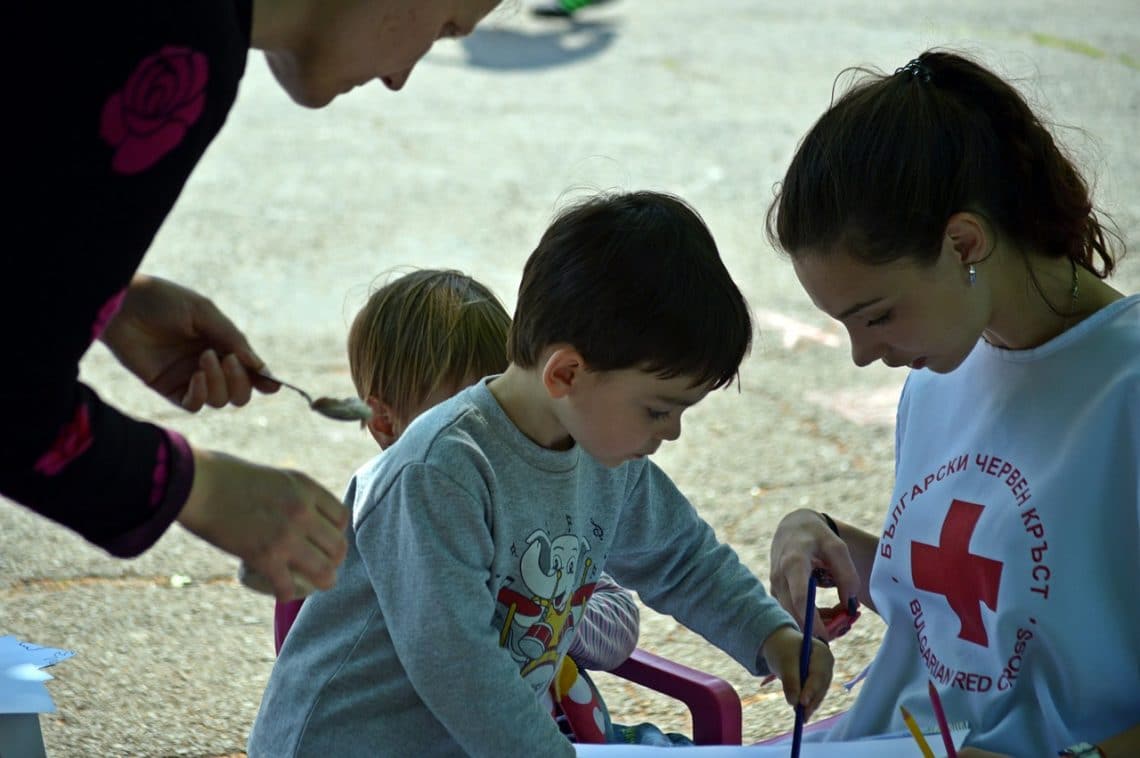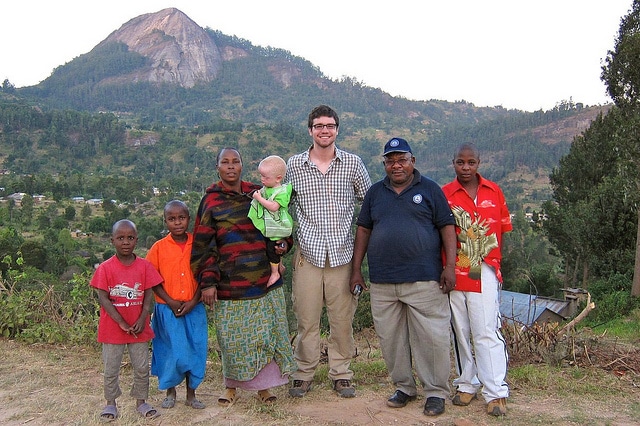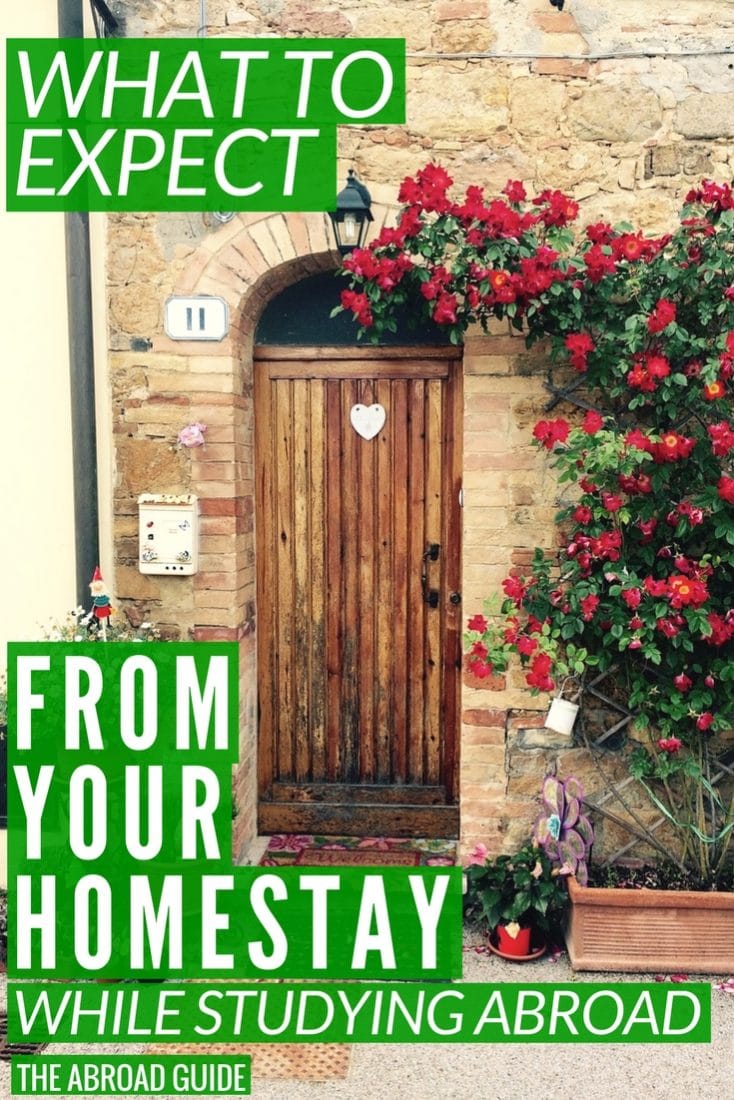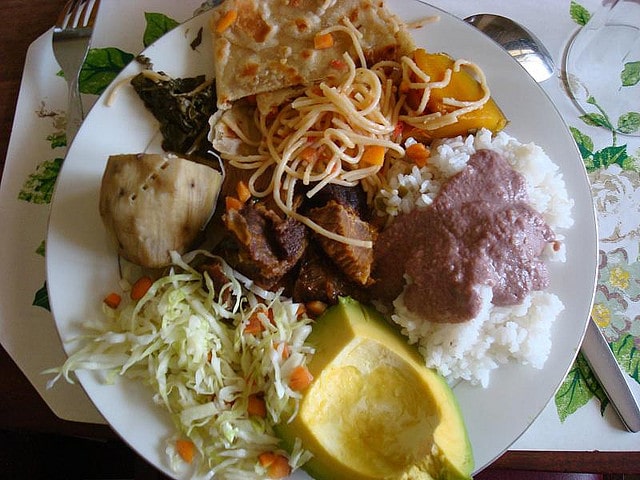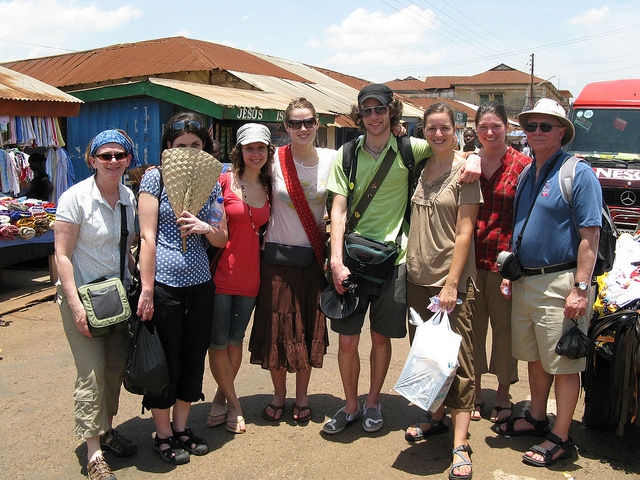Many study abroad programs house their students with host families. If you’re studying abroad with one of those programs, you may have NO IDEA what to expect from your homestay experience before you arrive in your study abroad country. You don’t know if your family will be nice, how well you will be able to communicate with them, and how you’re expected to act when in their home. I felt the same way before I went abroad, but being in a homestay made my study abroad experience even better than I expected.
Here’s what you can expect from your study abroad homestay experience.
Expect a family
First and foremost, you will be living with a family. You are not just renting a room, and your host family is not your college roommate. Your family might be a woman and her two dogs, or it might be a family with two parents and six kids. Either way, you will be with a family, just like when you’re living with your parents back at home.
You may feel awkward with your host family in the beginning. You will be living in someone else’s house and will be suddenly thrown into someone else’s family dynamics. Feeling comfortable in the house and with the family may take time, and that’s okay. But a positive aspect about living with a host family is getting a big welcome to your study abroad destination. Usually, the host family is excited to welcome you into their home and their life. Some cultures show this with gifts, others show this with their hospitality.
Homestay tip: Bring a gift – something your hometown or state is known for – to give to your family when you arrive. It will help you make a good first impression and help introduce your host family to the culture that you left back home.
Expect rules and a routine
When you arrive, make sure to talk over the program rules for homestay students with your host family. You may find them to be more lenient (or more strict) about the rules than your program let on. In addition, your host family might have their own household rules, so be sure to talk about those as well so you know what is expected of you. This is also the time that you should ask your host parents if there are any chores you can help with.
You’ll also find that your host family will have a routine, and because of school you will have a routine. After a few days, you will see how your schedules and routines fit together.
Read next: 10 Things to Do Before Moving to Europe
Expect a new culture, a friendly guide, and a speaking partner
Your host family doesn’t just know the culture, they’ve lived it for their entire lives. Try to join their celebrations and traditions. Ask them questions about the meaning and history behind these events and holidays, even ones that you celebrate back at home — Christmas looks different in every culture! As you do this, you will begin to understand how their life in your host country works— and that’s one of the coolest parts about study abroad.
You should also take advantage of the fact that your family is a group of locals– they can give you great advice on where to eat, how the public transportation system works, and what to do for fun around your city.
Conversing with your family is also a great way to work on your language skills, so make an effort to speak with them! Most host families will be patient with your slow speaking, and will correct you in a nice way. You’ll find your language skills will improve super fast if you practice with your host family often.
Expect a Home-Cooked Meal
One of the best parts of the host family experience is the home-cooked meals that usually come along with it. How often you receive a meal will vary by program, but you can expect some delicious meals that are native to the city and country you’re living in. After a long day, nothing is more comforting than coming home to a home-cooked meal– just like at home!
Read next: How to Make Friends With the Locals While Studying Abroad
Expect friends for life
When I got off the plane back in the US after my study abroad semester was over, the customs official asked me why I was abroad. I replied that I was studying abroad, and he asked if I did a homestay. I said yes. The customs official looked me in the eye and said: “They will be your friends for life.” And I nearly started bawling in the middle of the airport, because it’s true!
If you take advantage of all that a homestay offers, you can expect that your host family will become your lifelong friends. Every time someone asks about your abroad experience, you will tell them of the neat places you went and the crazy things you experienced, but you’ll also tell them about your host family. And, if you ever go back to the place you studied abroad, you can bet that you’ll always have a bed to sleep in at your host family’s house.
Will you be staying in a homestay when you study abroad?













